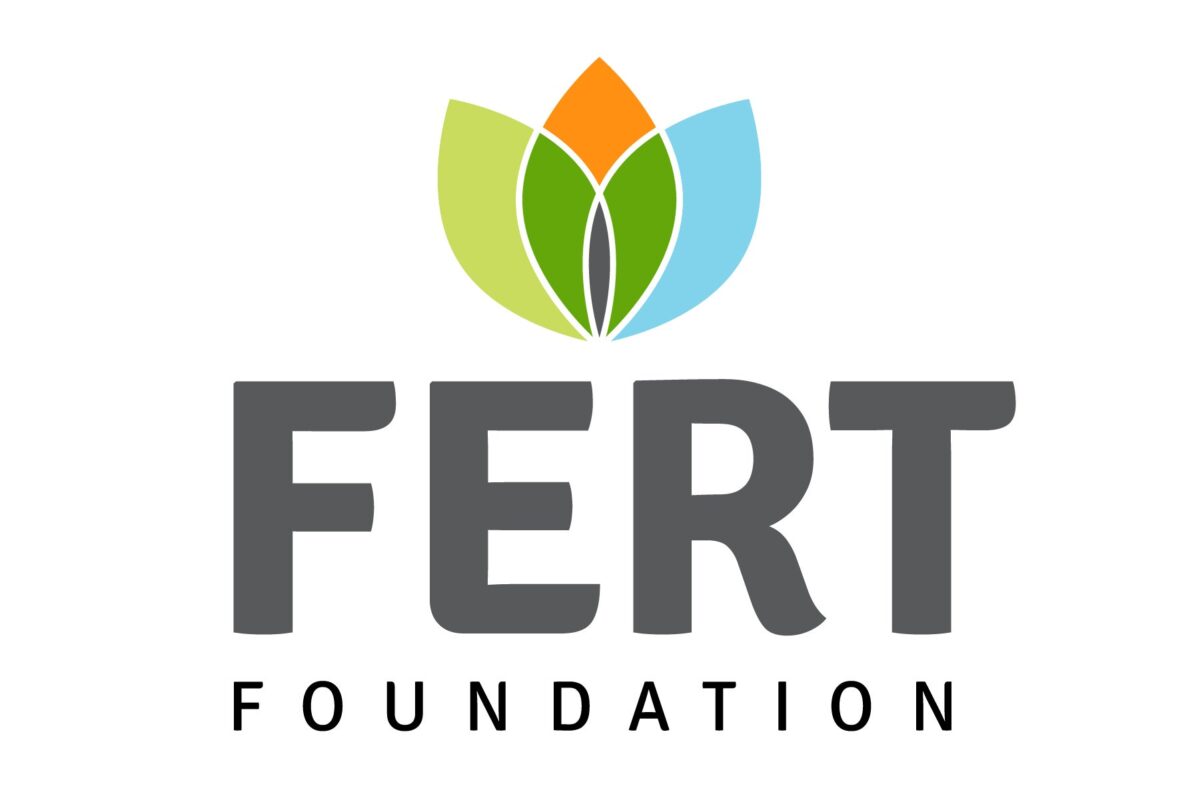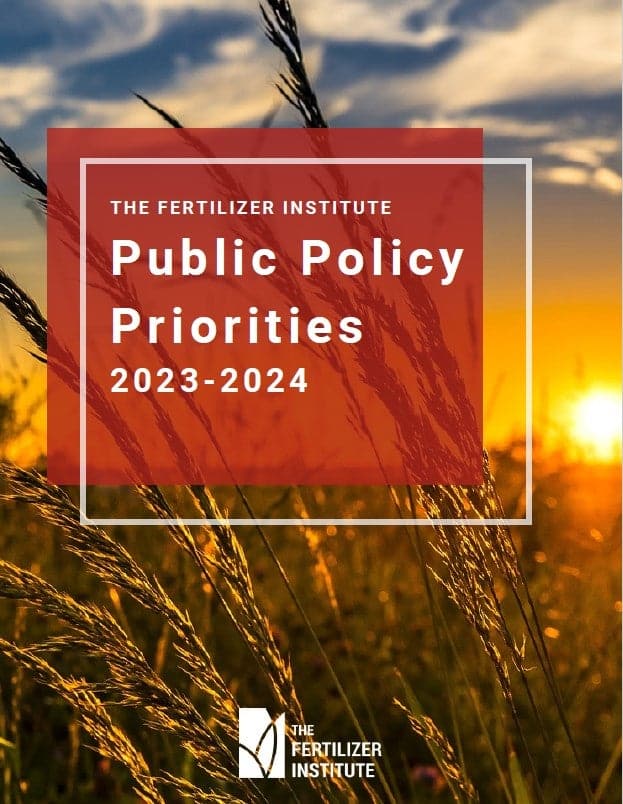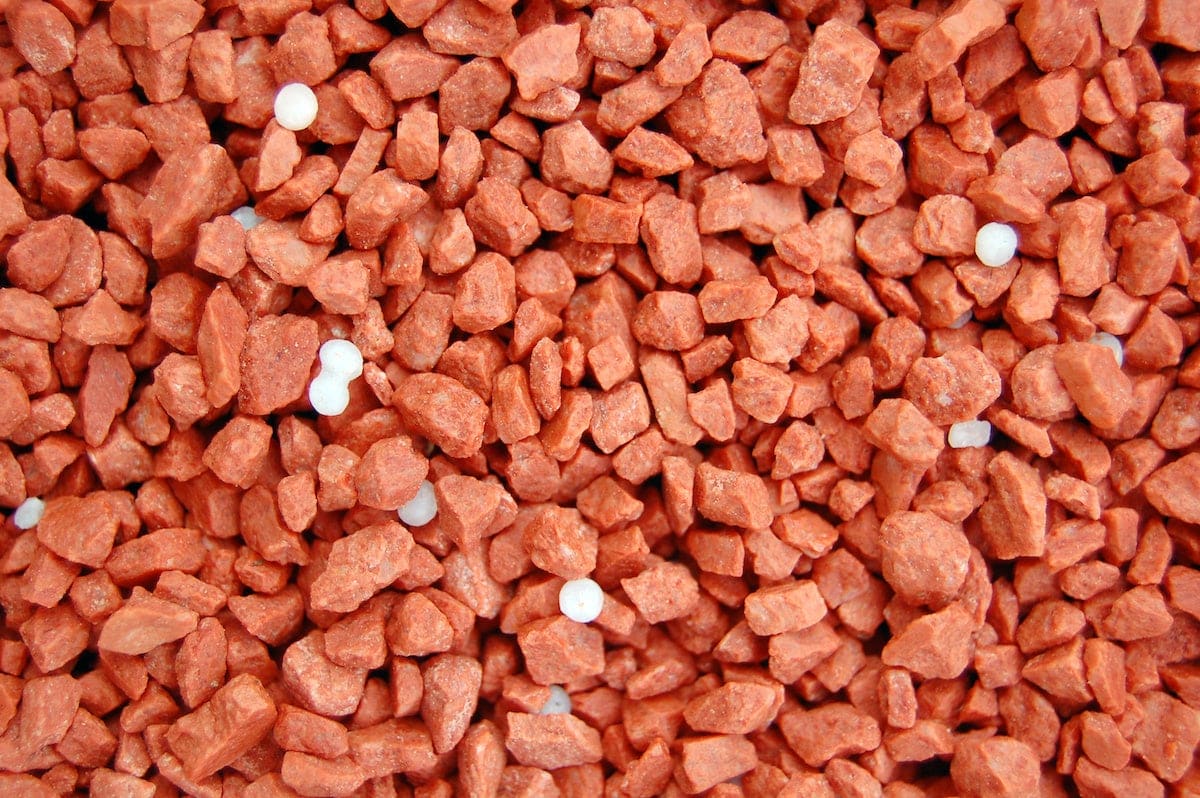TFI Supports Amendment to Block EPA’s Harmful Proposed Rule on Air Quality Standards

Arlington, VA – The Fertilizer Institute (TFI) today reiterated its opposition to the Environmental Protection Agency’s (EPA) proposed rule to tighten national ambient air quality standards (NAAQS) for fine particulate matter (PM2.5) and voiced support for legislation to prohibit the EPA altering the standard at this time.
“TFI and the fertilizer industry remain firmly opposed to EPA’s proposed rule to lower the threshold standards for fine particulate matter,” said TFI President and CEO Corey Rosenbusch. “And we aren’t alone. TFI joined over 70 other industry groups in a letter articulating the devastating economic impact this rule would have, as well as the faulty reasoning behind the change.”
According to the government’s own data, PM2.5 emissions have declined by over 40% over the past twenty years, and they continue to go down. Additionally, the current rule balances environmental protection with robust commercial and industrial activity.
“Only two years ago the EPA confirmed that the current standard is protective of public health and the environment,” Rosenbusch continued. “They have not provided any reasoning as to what has changed in the past two years aside from the fact that these emissions continue to decline.”
The current PM NAAQS was set in 2012 under the Obama Administration and has dramatically reduced air pollution across the county. The biggest hurdle a lowered standard would create for industry is that as NAAQS levels have continued to be lowered, and industry continues to adapt through technology and innovation, there becomes a point where further air quality controls will not be able to achieve the reductions of a lowered NAAQS. Implementing these lower thresholds for attainment will have the unintended consequence of reducing domestic fertilizer production if attainment in the U.S. becomes overly burdensome.
“The need to strengthen the domestic fertilizer industry has been made clear by multiple global crises and echoed by the Biden Administration, now is not the time to hamstring fertilizer production by making new production facilities or the expansion of existing production more difficult or, in many instances, impossible,” Rosenbusch concluded. “The fertilizer industry prides itself on innovation and sustainability and environmental stewardship is a cornerstone of how our industry operates, from production to farmer use. TFI does not support lowering NAAQS levels and instead believes that the EPA should retain the current PM NAAQS.”
###
The Fertilizer Institute (TFI) is the leading voice of the nation’s fertilizer industry. Tracing its roots back to 1883, TFI’s membership includes fertilizer producers, wholesalers, retailers and trading firms. TFI’s full-time staff, based in Washington, D.C., serves its members through legislative, educational, technical, economic information and public communication programs. Find more information about TFI online at TFI.org and follow us on Twitter at @Fertilizer_Inst. Learn more about TFI’s nutrient stewardship initiatives at nutrientstewardship.org and on Twitter at @4rnutrients.









